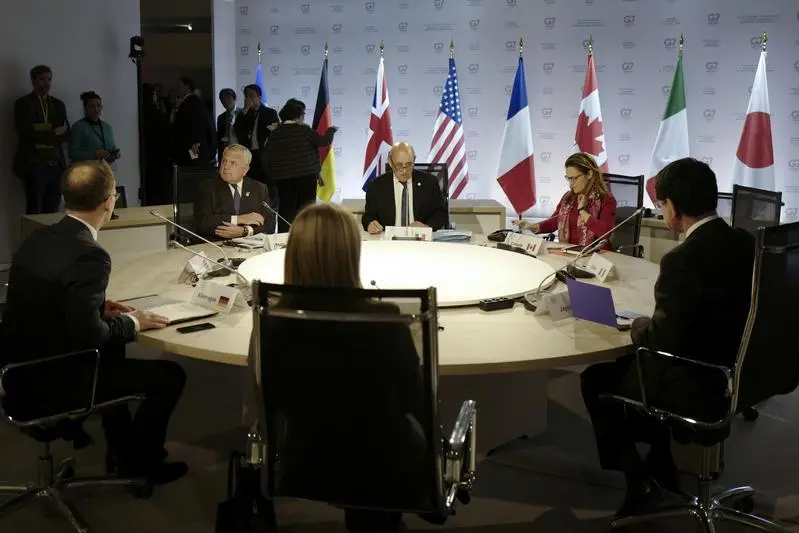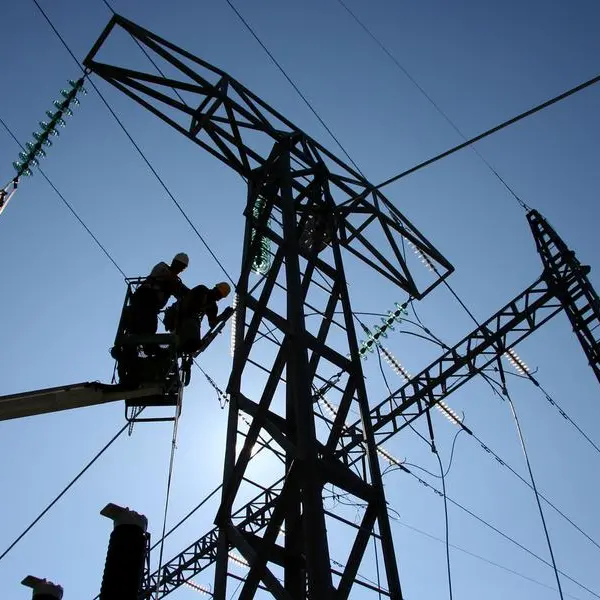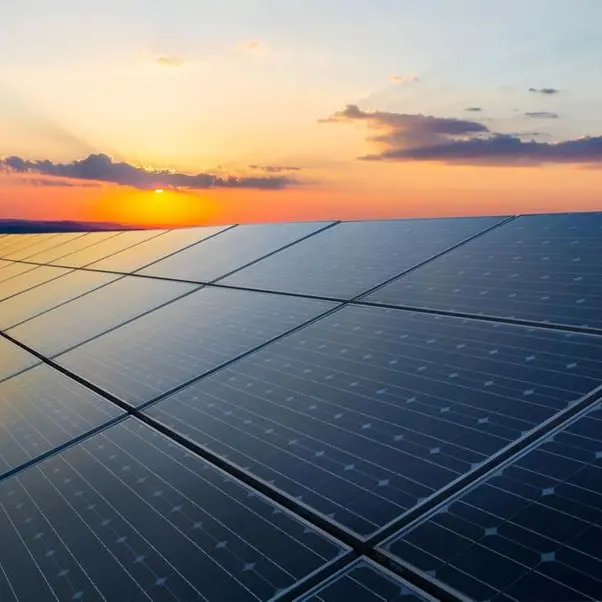PHOTO
TOKYO/BRUSSELS - Climate ministers from the Group of Seven countries are set to agree that ammonia could be used to cut emissions from fossil fuel-based power plants, but only under certain conditions - offering a cautious endorsement of G7 host Japan's climate plans.
The latest draft statement for the meeting of G7 ministers on April 15-16 in Sapporo, Japan, said: "some countries are exploring the use of low-carbon and renewable hydrogen and its derivatives in the power sector to work towards zero-emission thermal power generation."
The draft, seen by Reuters, said this strategy must comply with numerous conditions. It must be aligned with reaching a largely decarbonised power sector by 2035, comply with limiting global warming to 1.5C, and avoid emissions of nitrous oxide and other pollutants, the draft said.
Japan wants to start widely co-firing ammonia - a derivative of hydrogen - in its coal-fuelled power plants as a way to reduce CO2 emissions, and has sought the endorsement of other G7 countries for the plan.
Previous drafts of the statement, seen by Reuters, showed Japan's push had hit resistance from other G7 countries, who refused to back the use of hydrogen and ammonia without multiple caveats.
Britain, backed by France, had proposed adding that ammonia could only be used if it is aligned with largely decarbonising the power sector by 2035 and curbing global warming to 1.5C, the limit that would avoid its most severe impacts.
(Reporting by Kate Abnett, Makiko Yamazaki; Editing by Kim Coghill)





















